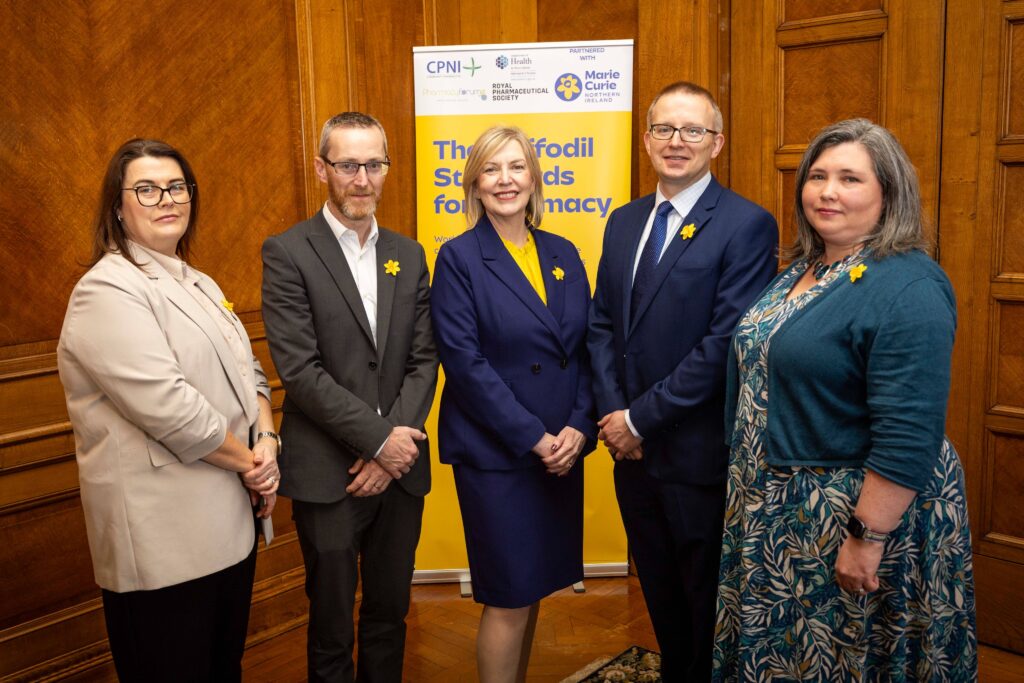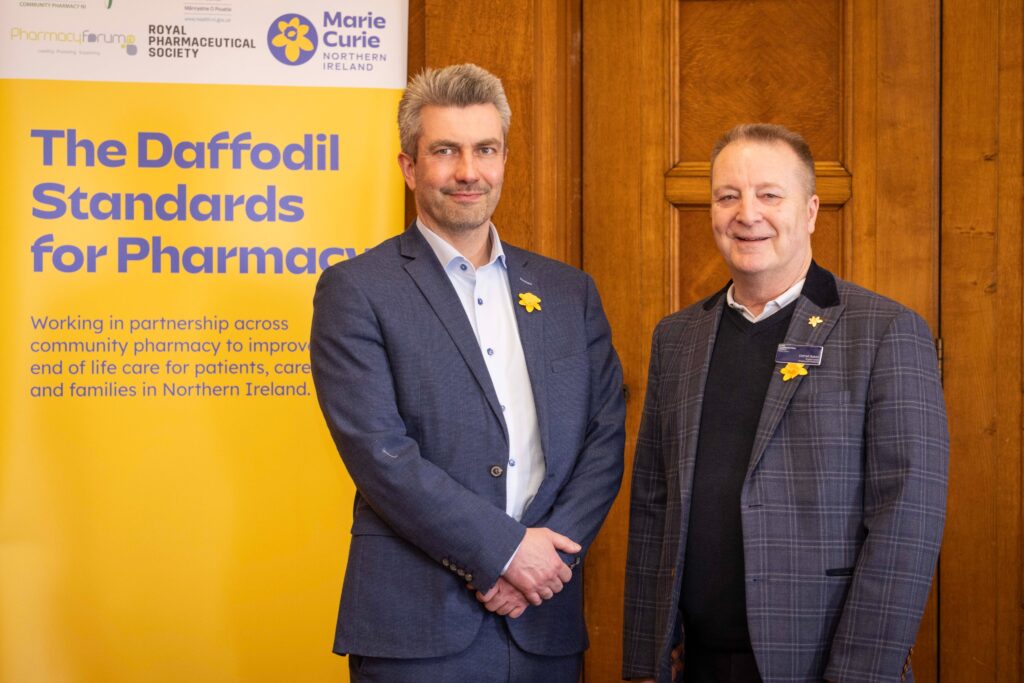A new campaign in community pharmacies is encouraging people to be more aware of how much alcohol they drink and the impact it could be having on their health.
The Public Health Agency’s (PHA) ‘Know your units’ campaign will run in community pharmacies across Northern Ireland throughout June and July 2025 as part of the Living Well service. It aims to increase awareness of the drinking guidelines and the health risks associated with drinking alcohol in excess of these guidelines.
Stephanie Hanlon, Joint Regional Lead for Drugs and Alcohol at the PHA said: “The most recent statistics from 2023 show the total number of alcohol-specific deaths registered that year was 341. That’s 65.5% higher than the number registered a decade ago so it’s of great importance that everyone takes a look at how drinking may be impacting their lives.
“Drinking too much can seriously affect your health. The risk of developing a range of health problems increases with the more you drink on a regular basis.
Some alcohol-related harms impact overwhelmingly on women. For example, we know that drinking alcohol increases the risk of breast cancer in women. This is why it’s so important to be aware of how much alcohol you are drinking, it’s impact on your body, your mental wellbeing, and the steps you can take to reduce the amount you drink.
“Speak to your pharmacist or GP if you are concerned about your own or someone else’s drinking.”
The UK Chief Medical Officers (CMOs) have developed guidelines to help people understand the risks alcohol may pose to their health and make decisions about their consumption in light of those risks. The ‘Know your units’ campaign supports awareness raising and education on these guidelines.
To keep health risks from alcohol to a lower level, it is safest not to drink more than 14 units a week, as recommended by the UK CMOs.
George Wright, Community Pharmacist from Clear Pharmacy, Bangor said: “Understanding your weekly alcohol units is key to keeping track of how much you’re drinking, so it is essential to get to know how many units are in your favourite drinks and take charge of your health. If you regularly drink the maximum of 14 units per week, it is best to spread your drinking over three or more days. If you want to cut down the amount you drink, a good way to help achieve this is to have several drink-free days each week.
“Community pharmacy is the ideal setting to help encourage people to look after their health. Pharmacy teams play a critical role in supporting, educating and raising awareness of the risks associated with drinking too much alcohol. Call in to your local pharmacy to find out how we can help.”
As part of the Living Well campaign, community pharmacies across Northern Ireland are offering a free information leaflet, ‘Focus On Alcohol’ and unit calculator wheel, to members of the public. A copy of the ‘Focus On Alcohol’ resource can be found at www.pha.site/FocusOnAlcohol
For more information and local services that offer help and support, visit www.drugsandalcoholni.info





